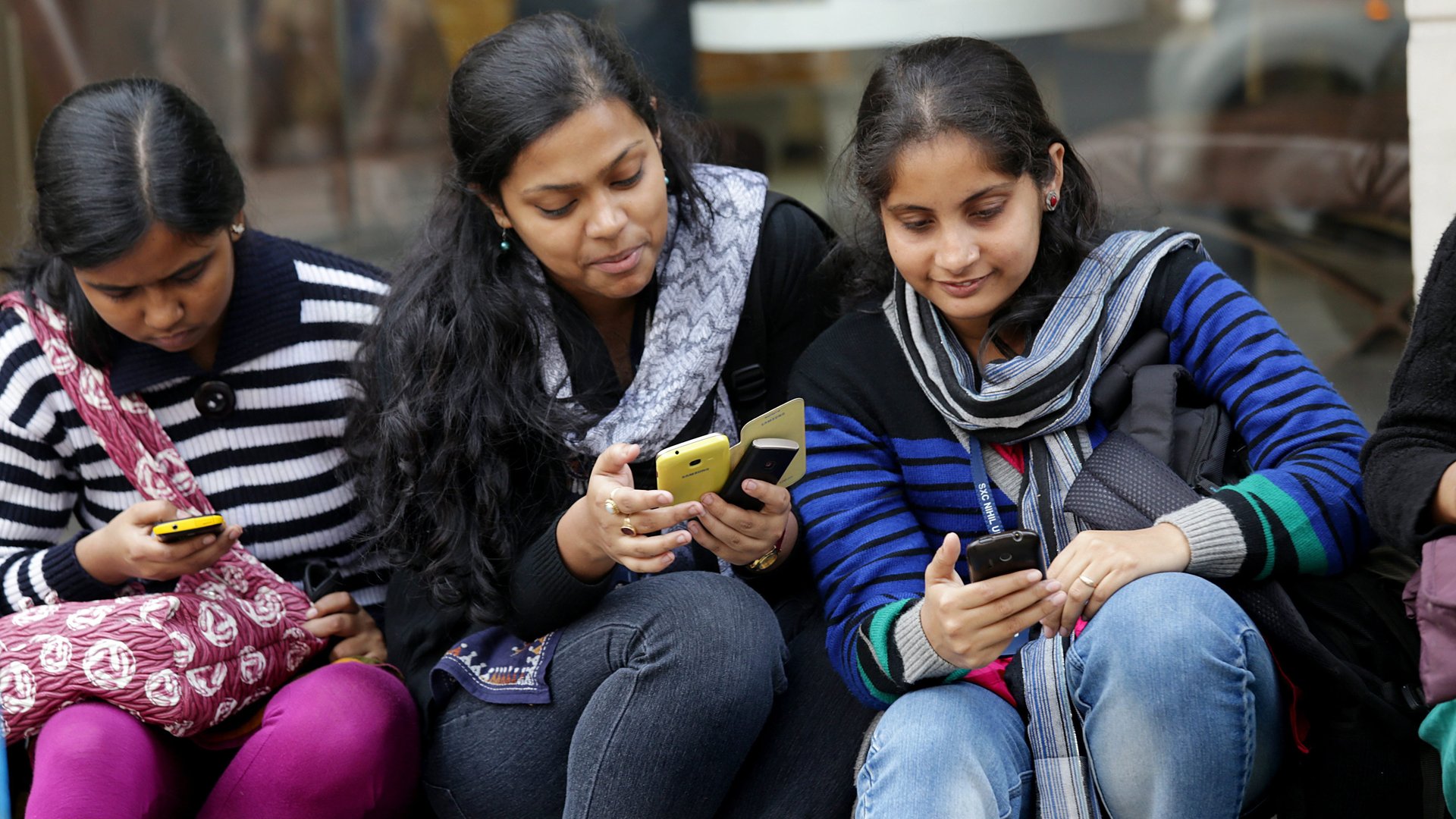“A 7,000% increase” and other WTF numbers thrown up by digital payment firms post-demonetisation
Prime minister Narendra Modi’s demonetisation drive has inconvenienced millions of Indians but there’s one business that’s having its moment under the sun: digital payment startups.


Prime minister Narendra Modi’s demonetisation drive has inconvenienced millions of Indians but there’s one business that’s having its moment under the sun: digital payment startups.
From attracting millions of new users to an unprecedented increase in transactions, the last two weeks have given startups such as Paytm, Mobikwik, and Freecharge many reasons to celebrate.
The government has also supported digital wallets by announcing an increase in the limit on the amount that can be spent via mobile wallets to Rs20,000 for individual users and to Rs50,000 for merchants.
These companies have shared some eye-popping data on their performance since the night of Nov. 08 when the government discontinued Rs500 and Rs1,000 denomination bills that accounted for 86% of India’s money in circulation by value.
Here is the sum up of those numbers:
User growth
India’s largest digital payments startup, Paytm, has registered over five million new users since Nov. 08, a company press release said on Nov. 21. This means it attracted more new users in two weeks than the population of countries such as Ireland, Oman, and New Zealand. Paytm now has a total user base of 150 million.
The Noida-based startup said that over 45 million people had used its e-wallet between Nov. 11 and Nov. 21, translating to more users in 10 days than the entire population of countries such as Canada, Malaysia, Argentina, Sudan, Iraq, or Nepal.
Paytm is not alone, though. Sequoia Capital-backed Mobikwik saw a 40% jump in app downloads following the news of demonetisation, it said in a statement on Nov. 22. The company now has over 35 million customers.
Transactions
Demonetisation has helped these firms beat credit and debit cards which predate them by decades.
The Alibaba Group-backed Paytm has clocked over seven million transactions per day, more than the combined average daily usage of India’s 24.5 million credit cards and 661.8 million debit cards, it said on Nov. 21.
In March, credit cards saw 72.22 million transactions and debit cards saw 112.87 million, the Reserve Bank of India said. This translates to around six million transactions per day on an average.
Paytm’s rival Mobikwik, too, has seen an 18-fold rise in the number of transactions. In the western Indian state of Gujarat alone, it saw a 400% increase since Nov. 08, with tier-II cities such as Ahmedabad, Vadodara, and Surat supporting this growth, it said. Within a day of Modi’s announcement, ItzCash, another player in the space, saw between 30% and 40% growth in volumes.
Prodigious percentages
On Nov. 21, Mobikwik said it had seen a stupendous 7,000% increase in money being transferred from its wallet into bank accounts over the previous 10 days.
Separately, on Nov. 18, Paytm said it experienced 300% growth in transactions from offline stores in the preceding six days.
“Paytm aims (at) Rs400 crore worth retail store transactions by year-end,” a company statement said.
Post-demonetisation, Paytm has added several new brick & mortar retail stores to its platform, including women’s fashion wear chain W and shoe retail chains Woodland and Red Tape. The e-wallet is also accepted at other prominent chains, such as Big Bazaar, Central, eZone, Croma, More, and Spencers, among others.
Outlook
Digital payment startups expect the momentum to continue and have shared ambitious growth targets for the next year.
MobiKwik raised its monthly gross merchandise value (GMV, or total value of transactions) target by 10 times to $10 billion for 2017.
Separately, Snapdeal-owned FreeCharge said it aims to bring on board one million merchants in the next 12 months. The company is getting a new merchant every 30 seconds, it said, without disclosing the total current number.